Cooking up a storm or supplying a chilly congregation with copious cups of tea is all in a day’s work for a church kitchen, but with allergens on the rise, it’s important to be prepared
Food allergens are becoming more common and over the last two decades, they have increased by 50%. Considering the severity of some food allergies, and the likelihood that in a congregation of 100 people, 1 to 5 members will have an allergy, many churches are now looking at how and where their food is handled.
It’s important to note that if your church offers food but isn’t registered as a food business, you are not legally required to provide information to your congregation about present allergens. Just to be sure, if you serve food during coffee mornings or voluntary outreach events, you would not be classified as a food business.
However, it’s always good practice to provide your community with allergenic ingredient information for the food your serve. This way, those with allergies can make a personal and informed choice. If you do happen to be registered as a food business, you need to comply to the Food Information Regulation 2014 and follow the allergen information rules set in the EU Food Information for Consumers Regulation. This means you must:
- Provide allergen information to your community for both pre-packed and non-prepacked food and drink
- Handle and manage allergens adequately
- Ensure your team are trained in allergens
What are allergens?
Before serving up your Christmas dinners or Sunday afternoon tea for a hungry congregation, we advise telling them if any of the food contains celery; cereals containing gluten; crustaceans; eggs; fish; lupin; milk; molluscs; tree nuts; peanuts; sesame seeds; soybeans; sulphur dioxide and sulphites. Quite the list, but if someone at your church has a known allergy to any one of these, it is vital they are made aware of it.
Alongside this, all those working in your church kitchen must be knowledgeable about cross-contamination and how to control it. At Steelplan Kitchens, we recommend having separate work surfaces, chopping boards and utensils for the foods that are prepared free from one or several allergens. However, we understand that in a small space, this isn’t always feasible, so cleaning utensils before each use is an ideal alternative, especially if they have been used to prepare meals that contain allergens.

We also suggest storing ingredients and prepared foods in separate closed and labelled containers to avoid cross contamination – and always keep ingredients that contain allergens away from other foods. Allergen cross-contamination can also happen through using the same cooking oil.
In smaller kitchens and those with less surfaces or storage areas, it can sometimes be difficult to avoid cross-contamination – so if it’s not something you can promise, make sure you inform the community that you are unable to provide allergen-free dishes.
Providing tea and biscuits after church on a Sunday is a great way to instil a sense of community with your congregation, but it’s also best practice to avoid serving items containing nuts or any of the other allergens.
Allergen training
It’s important that you and your team know the procedures and policies when asked to provide allergen information, and it’s always advisable to have some training on handling allergen information requests. Particularly if you serve a big congregation on a regular basis. There are many allergen information resources online, and free training available here.
Due to the risks that allergies pose to congregants, many churches across the UK are beginning to set food policies like those in schools. Some will label dishes that are allergen-free or set them on a designated table to reduce contamination, while others offer gluten-free bread for communion. As an awareness of allergies grows, so do churches’ abilities to adapt.
For more information on how Steelplan’s bespoke semi-commercial kitchens can better prepare your church, contact us on 0844 809 9186





